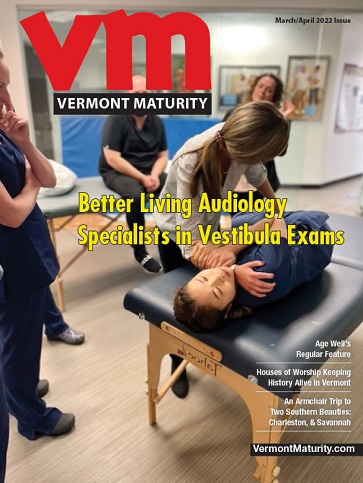
If you’re a senior carrying extra pounds, you might assume that the best thing for your health is losing that excess weight. After all, being overweight or obese can increase your risk for many health problems, including:
- Type 2 diabetes
- Cardiovascular disease
- Some kinds of cancer
- Hypertension
- Osteoarthritis
However, determining the ideal body weight for elderly people is more complicated than merely consulting weight charts. So if you’re wondering what you should weigh, your first step should be an open conversation with your doctor. That’s because, for a senior, weight-loss goals must take several important factors into account, including overall health.
Some of the standard methods for determining an ideal weight change as we age. You may already be familiar with the concept of body mass index or BMI. (You can determine your BMI with an online calculator.) Your BMI reflects your weight-to-height ratio.
The standard ranges for BMI are:
- Underweight: BMI that is less than 18.5
- Normal weight: BMI between 18.5 and 24.9
- Overweight: BMI between 25 and 29.9
- Obese: BMI over 30
However, many people feel that BMI oversimplifies weight issues. One reason is that BMI doesn’t account for the fact that muscle is denser than fat. A person who has a lot of muscle could have a much higher BMI than someone who wears the same size of clothing but has less muscle. (In fact, many professional athletes fall into the “obese” category on the BMI chart simply because they have so much muscle mass.)
But what does this mean for seniors? Here’s a key fact: Our body composition often changes with age. (Body composition is the amount of muscle and fat on your frame.) An article from Tufts University notes that many seniors experience sarcopenia, or muscle loss, as they grow older. And losing muscle may have a more significant impact on health than carrying extra weight. So lower weight isn’t necessarily a good thing if it’s the result of muscle loss.
The Tufts University article cites studies that have found that being underweight as a senior carries more risk than being overweight. That might seem counterintuitive, but overweight people who are older than 65 have lower mortality rates than people who are underweight or within the normal-weight range. (Some doctors call this the “obesity paradox.”)
That means our ideal BMI often shifts upward with age. As a result, some medical experts have suggested that there should be a separate “BMI for older adults” chart that contains slightly higher numbers. This kind of weight chart for seniors would use a range of 25 to 27 as a “normal” BMI.
Your weight-loss goals will also depend on your individual health issues. For example, the ideal weight for men over 60 with diabetes may be lower than for other men in that age group. And a weight chart for females over 50 who have not gone through menopause might be different from a weight chart for women over 60 because the hormonal shifts of menopause can trigger body composition changes.
Instead of just striving for a lower weight, it may be healthier to focus on your body composition (i.e., your muscle-to-fat ratio), and where fat is stored on your body. Why is the location of excess fat important? People tend to store fat either above their hips (mostly in their bellies) or below their hips. Fat that is stored above the hips presents a greater risk for:
- Heart disease
- Stroke
- Diabetes
- Insulin resistance
- Alzheimer’s disease
Because of the increased health risks carried by belly fat, waist circumference is often an important indicator of overall health. So, instead of looking at a weight chart for seniors to determine whether you need to lose weight, you could measure your waist-to-hip ratio and discuss the results with your doctor.
Essentially, if you’re focused on reaching an “ideal” weight, you may be focused on the wrong goal. Research suggests that instead of trying to lower your BMI, your focus should be on eating for your personal health and maintaining muscle tone and bone strength. That’s why it’s important to work with your healthcare provider to create personalized goals and plans that work for you.
This article was provided by GreatSeniorLiving.com.
Related Articles & Free Vermont Maturity Subscription

10 Benefits of Weightlifting for Age-Related Muscle Loss for Seniors
Eat More Food and Lose More Weight







Comment here